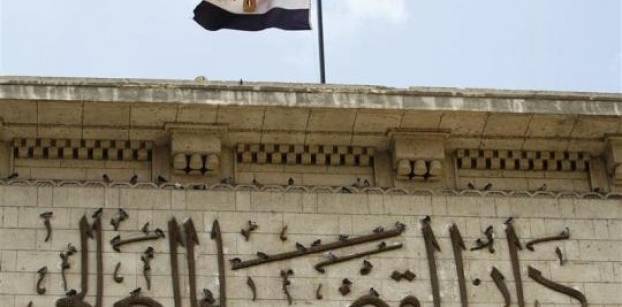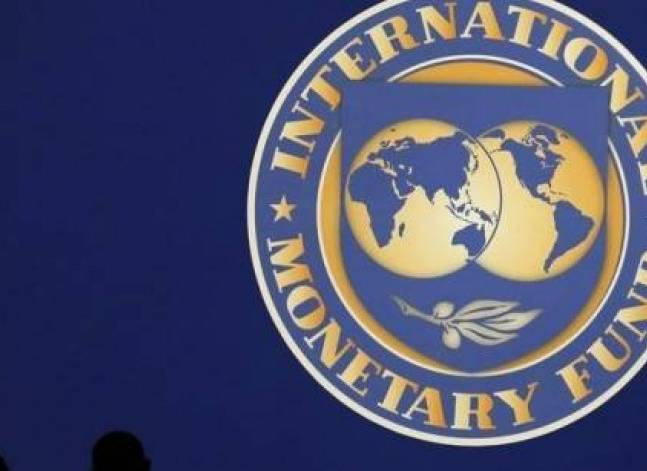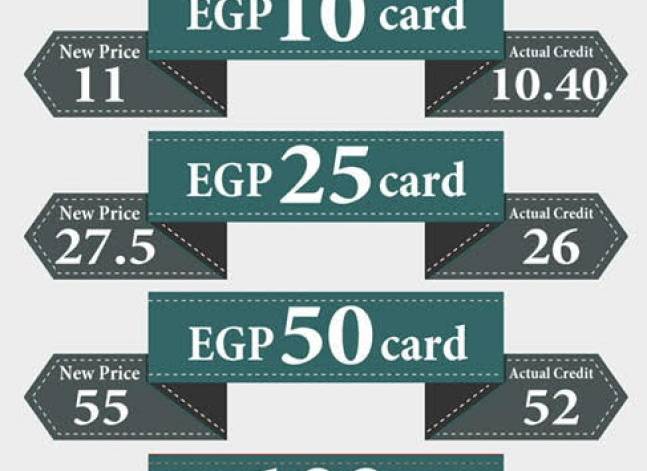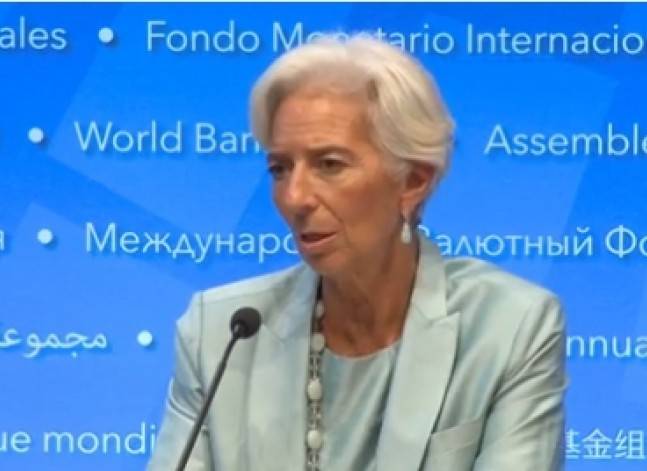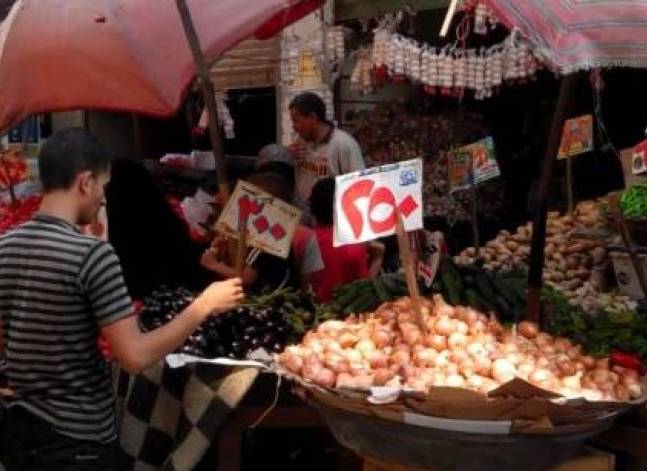Latest NEWS
- Aswat Masriya, the last word
- Roundup of Egypt's press headlines on March 15, 2017
- Roundup of Egypt's press headlines on March 14, 2017
- Former Egyptian President Hosni Mubarak to be released: lawyer
- Roundup of Egypt's press headlines on March 13, 2017
- Egypt's capital set to grow by half a million in 2017
- Egypt's wheat reserves to double with start of harvest -supply min
- Roundup of Egypt's press headlines on March 12, 2017
Egypt's prosecution detains 17 'Brotherhood' members for calling for protests on Nov. 11
An Egyptian flag flutters at the High Court of Justice in Cairo November 1, 2011. REUTERS/Mohamed Abd El-Ghany
CAIRO, Oct 19 (Aswat Masriya) - Egypt's prosecution ordered on Wednesday the detention of 17 alleged Muslim Brotherhood members pending investigation into various charges including calling for protests on November 11.
The arrests came amid growing calls on social media for mass demonstrations on Nov. 11 to protest the economic conditions and price hikes.
The prosecution accused those arrested of being part of a banned group, inciting against the regime and calling for its overthrow, taking advantage of the price hikes and inciting citizens to protest.
On Sunday, eight Al-Azhar University students were arrested for the same reason. According to the investigation, the students were mobilising people to take part in unlicensed protests on Nov. 11.
A lot of Egyptians took to social media to express their frustration regarding the increase in prices of basic commodities over the past month, which was mainly caused by high inflation rates, hike in the US dollar exchange rate to the Egyptian pound and newly-introduced value-added tax.
Egypt's Supply Minister Mohamed Ali al-Sheikh announced on Wednesday that the central bank has allocated $1.8 billion to ensure six months of reserves in all strategic goods, affirming that Egyptians would receive a steady supply of essential foods.
Widespread sugar shortages hit the Egyptian market in the past few weeks, doubling its price and exacerbating pressures on citizens who could not find the basic commodity in several outlets.
Importing many commodities have become more difficult amid a dollar shortage, and the continued weakening of the Egyptian pound as the gap widens between the official rate and the parallel rate.
As the prospect of a pound devaluation looms, investment banks projected another wave of price hikes.
Earlier in October, the International Monetary Fund forecasted a rise in inflation rates from 10.2 per cent in 2016 to 18.2 per cent in 2017.
On calls for protest on Nov. 11, Sheikh said on Wednesday that "we cannot compromise security and stability now that we have reached them."
"We have to acknowledge that there are taxes that need to be paid and we have to bear it for the sake of reform," he added.
Egypt’s economic reform programme included switching to the value added tax instead of the sales tax, thereby increasing the tax imposed on some goods and services, while exempting others.
Other reform measures include subsidy cuts and adopting a more flexible exchange rate regime.
Egypt secured a preliminary agreement for a $12 billion three-year loan programme from the IMF in August. Among the prerequisites for the loan is addressing the exchange rate and the subsidy program.
The IMF executive committee has yet to approve the loan. IMF chief Christine Lagard said that Egypt has "almost completed" prior actions necessary for the IMF's board to formally approve the loan.
She emphasised that issues pertaining to the exchange rate and the subsidy program still need to be addressed.

